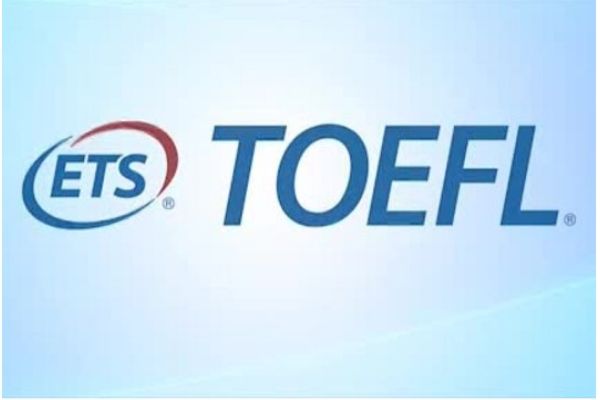The Educational Testing Service (ETS) has revealed plans to offer a personalized version of the TOEFL test, taking into account individual backgrounds and specific needs to minimize bias in assessments. In an interview, Rohit Sharma, ETS’s Global Senior Vice President of Higher Education and Work Skills, discussed the agency’s vision for tailored TOEFL assessments and the increased integration of Artificial Intelligence (AI) in the testing process.
Sharma highlighted the ideal future of assessments, emphasizing the need for personalized evaluations based on individual backgrounds to address potential biases. He explained that statistical differences exist between individuals with diverse backgrounds, and personalization could enhance the testing experience. For instance, candidates could specify their needs, such as applying for a journalism program, and the test could adapt to evaluate higher-level writing skills.
ETS is also exploring personalization based on background, acknowledging that students from different regions may excel in certain language skills but require improvement in others. Sharma estimated that personalized assessments would take 24 to 36 months to be implemented, involving collaboration with institutions willing to adopt and fund these differentiated assessments, deviating from standardized norms.
The TOEFL test, a standardized measure of English language proficiency for non-native speakers enrolling in English-speaking universities, is widely accepted globally, including in the United States, Canada, Australia, New Zealand, and over 98% of universities in the UK.
Earlier this year, ETS introduced changes to enhance the TOEFL experience, including reducing the test duration to less than two hours and providing candidates with their official score release date upon completion.
Sharma anticipates more changes in the future, with a focus on incorporating technology and AI not only into the test but also into the surrounding processes. ETS plans to release enhanced test preparation materials in the coming months, starting with TOEFL, aiming to help test-takers improve in specific areas.
AI is being utilized for content generation and test security, particularly for home editions of the test. Sharma emphasized ETS’s long-standing use of AI, originally for automated scoring and now increasingly for content generation, benefiting from advancements in models like ChatGPT and generative AI. AI is instrumental in detecting and preventing cheating, a concern even in a small percentage of cases.
Looking ahead, Sharma affirmed ETS’s intention to use AI and collected data for further personalization, underscoring the ongoing commitment to improving the TOEFL test experience through innovative technologies.
Also read: 5 Problems Faced by Students in IELTS & TOEFL Tests & How to Overcome Them
